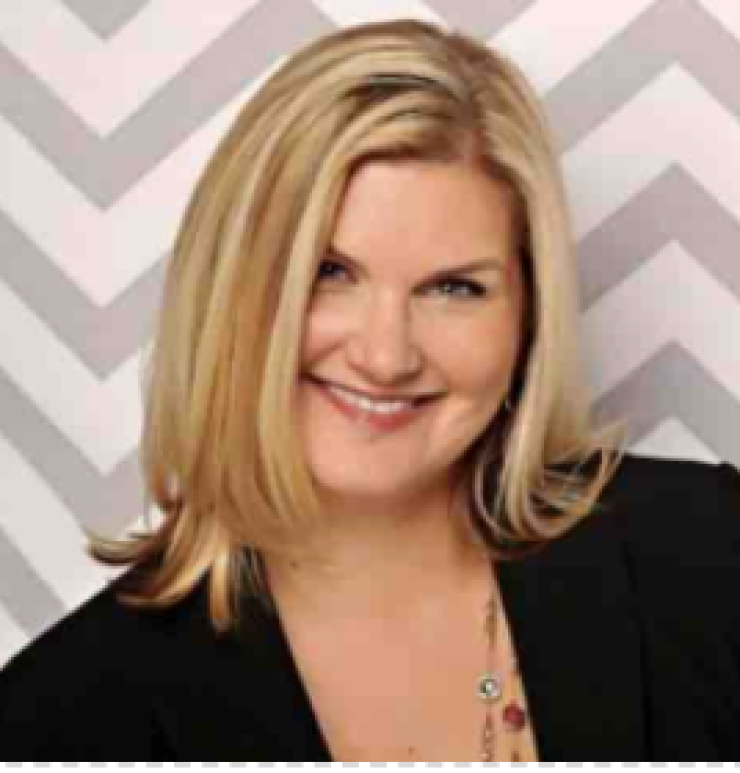After a brief stint as an archaeologist, Gillian Davis wasn't ready to give up her fascination with human behavior and culture — but she was ready to work with a more modern subject.
More than 15 years ago, Davis pivoted and found herself building a career in human resources and talent management, and has since thrived creating supportive cultures, from small businesses to 10,000-person enterprises.
"I studied international relations and anthropology, and those pieces of interest in how human societies are formed translate very nicely to the current day," says Davis, now the chief people officer at California-based communications agency Mission North, where she supports the company's roughly 100 employees. "The business world is its own kind of culture, and there's a need for someone to tie things together for the business and for people to be meaningful in their work."
Davis recently spoke with EBN about her path to HR leadership, her passions for
"It's not just about planning schedules and release dates and all of those technical pieces," she says. "It's about the whole person."
Read more:
Your career path has been an interesting one. Did you rely on guidance from mentors or managers as you found your way to HR?
One CHRO was an incredible mentor to me as a boss. We've actually worked at two companies together, and I learned a ton from her and her experience forging ahead at the C-suite level, at a time when a lot of times the most senior position was held by males — there's kind of a ceiling there. I still get in touch with her sometimes. I think those relationships are really important — they continue to cheer me on as I'm continuing on my own path.

How would you describe your leadership style, and what really informed that?
Twenty five years ago, rigidity was definitely part of the profile for successful human resources professionals. I had a position at one point in a bank, and it was very old school, very much like clocking in and clocking out. The kinds of folks they were hiring for those roles did not have a ton of ability to flex a creative muscle and problem solve. It was very much policy enforcement, the kinds of things that get answered quickly through an intranet these days. Being that source of information for folks and then enforcing overtime, rules and things like that definitely didn't sit particularly well with my style. I remember thinking, when I get into my next opportunity, I'm going to look for something where I can be more creative and help the business to be in problem-solving mode, as opposed to just firefighting.
Read more:
You've said you're passionate about creating a culture of engagement. What advice would you give to employers who share this passion and want to make it come to life?
Internal communications is one of the things, especially in a distributed workforce, that is most challenging because you're not sure how you can reach people's hearts with messages, so we've tried to pepper our connection points in a variety of ways. We host a variety of
If you are trying to walk the walk and make your mission feel more meaningful, tie it back to your clients, especially if you're in professional services like we are. We curate our client list and are looking for clients that also are mission-driven and have a stake in how their business is affecting their employees and the world.
How do you unwind and disconnect so that you can be at your best both personally and professionally?
HR has really faced a lot of challenges over these last three and a half years or so. There have been a number of stories of permanent HR attrition where folks are just fried. It's really important to build in time throughout the day, the week and the month. I do my best thinking by taking a walk around Lake Chabot, which is near where I live. I have a little French Bulldog named Sam. He takes me out of where my brain might be, and into paying full attention to him, and I find that to be very restorative.
What are some of your plans and goals going into 2024?
I have some professional goals around continued leadership training, especially as it relates to hate speech. There are so many groups that are feeling marginalized these days, and because of social media, folks are feeling able to talk about their feelings in ways that are not very productive, but hurtful.
Read more:
How does that factor into the DEI work you're already doing?
We are really close to solidifying a new five-year diversity, belonging and equality plan with some important milestones coming up. That includes sanctifying the pillars that we believe our industry needs to be more rooted in, and starting out junior team members on a longer-term training path into PR tech communications.
That includes participating in the Foster the Future program [which aims to strengthen diversity and equity in the PR field through scholarship-funded fellowships for historically underrepresented communities]. That's going into its third year of sponsoring a fellow with a scholarship and time with our team to really get the ins and outs of what it means to be in a PR agency. Other PR agencies have joined us to support those efforts; it's really exciting to see people putting money where it's important, and not just talking about wanting to be more diverse or wanting to attract more diverse talent.






